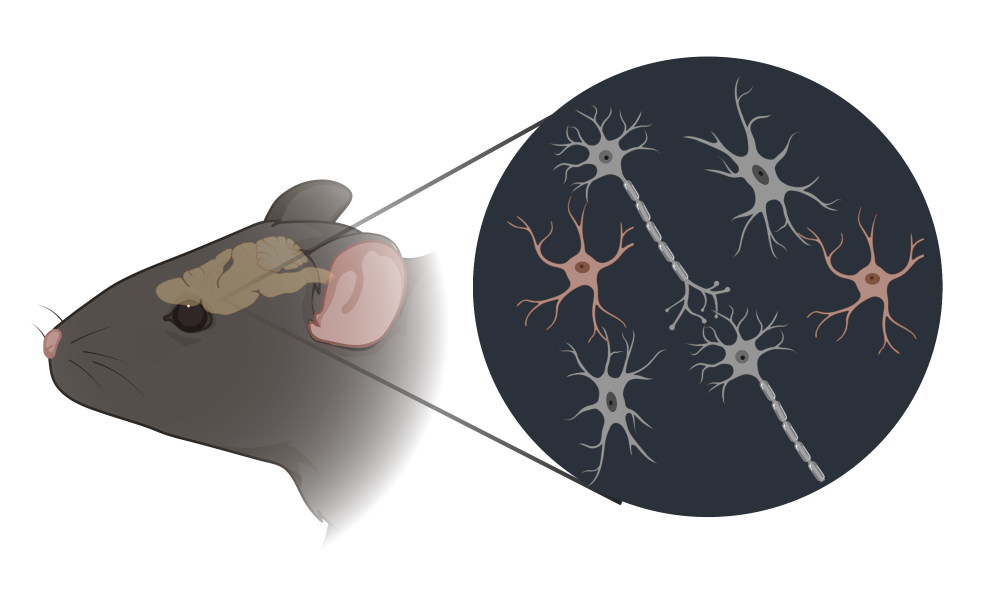That’s the key idea put forth in preliminary research posted this month to bioRxiv, authored by GSC, UBC and BC Children's Hospital Research Institute scientists, that highlights the potential benefits of testing COVID-19 patients for genetic variants of ACE2—the protein identified as the point-of-entry for the SARS-COV-2 virus into human cells.
News
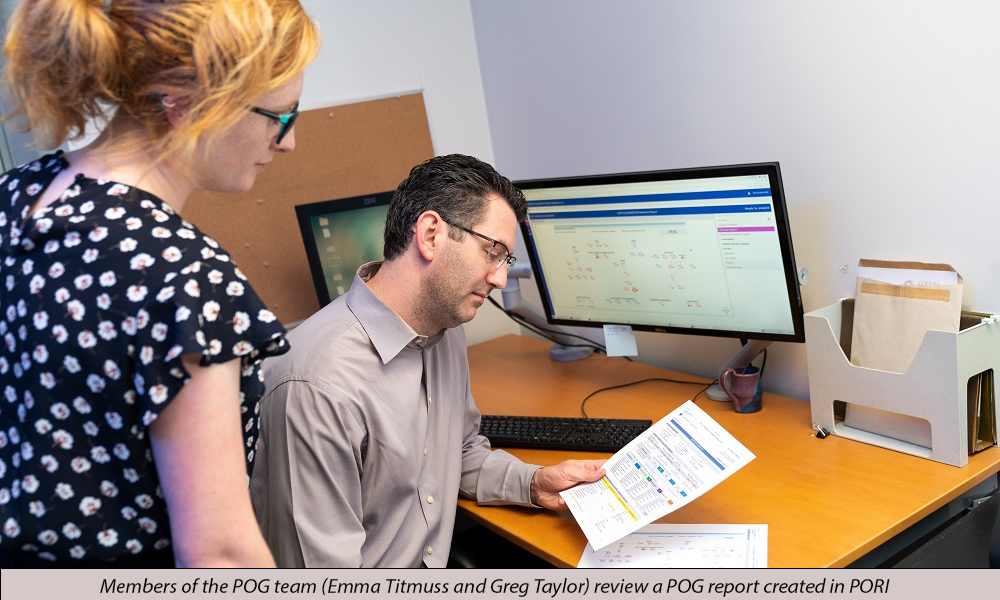
New open-source interpretation and reporting platform for precision oncology

Sequencing the Spruce Weevil Genome
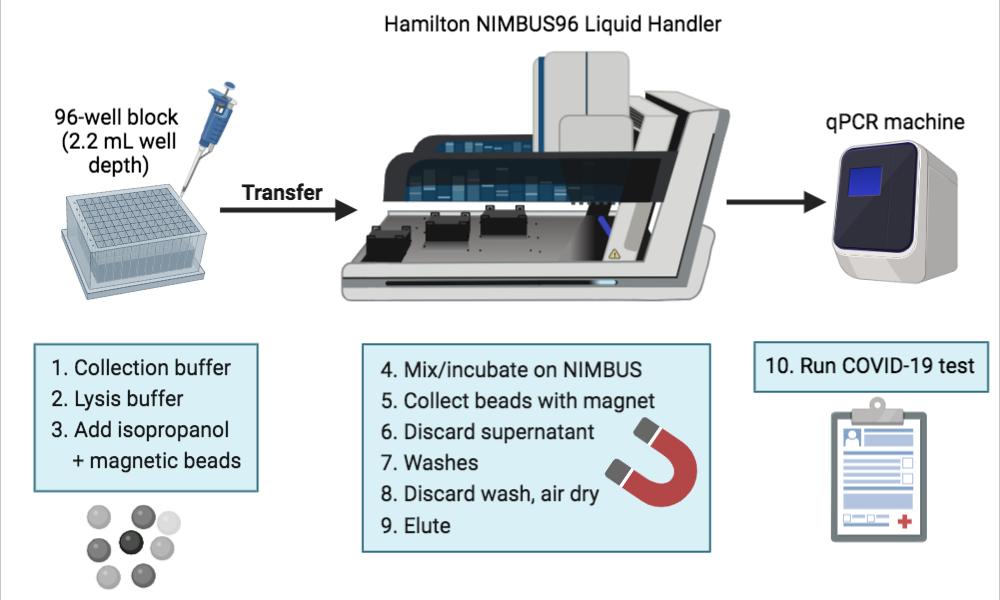
An alternative procedure for extracting nucleic acids for COVID-19 testing

Giant’s Dot Lichen: from newly discovered species to complete genome sequence in one year
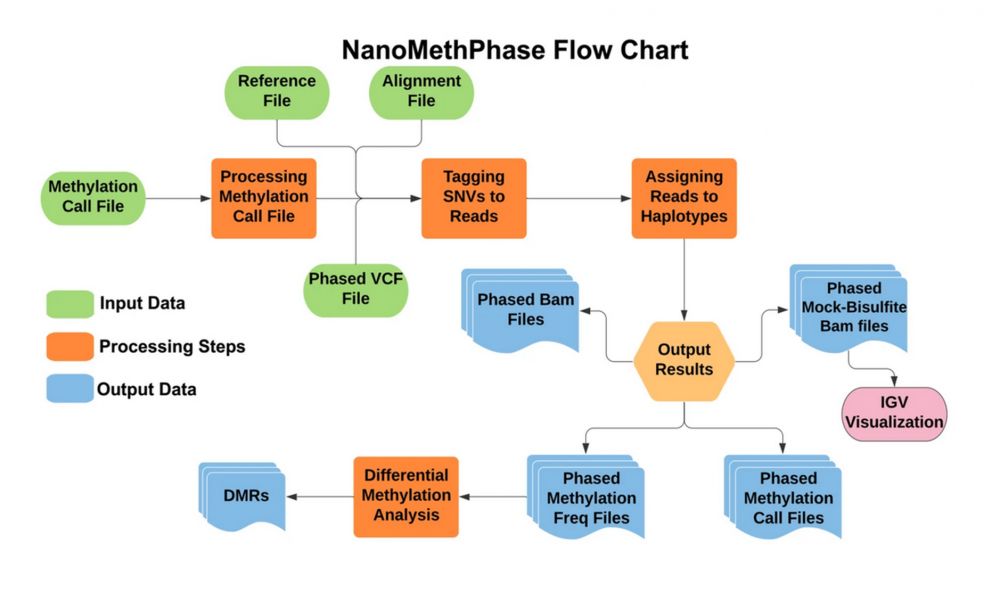
A new method for analyzing silenced genes
Cancers are diseases of the genome. They can result from minor changes to single or a few base pairs, known as mutations, or from larger structural changes to the genome, including how it is packaged into chromosomes and manipulated by other molecules. Understanding how things have gone wrong in specific cancers can help scientists develop better prognostic tools and treatment strategies.
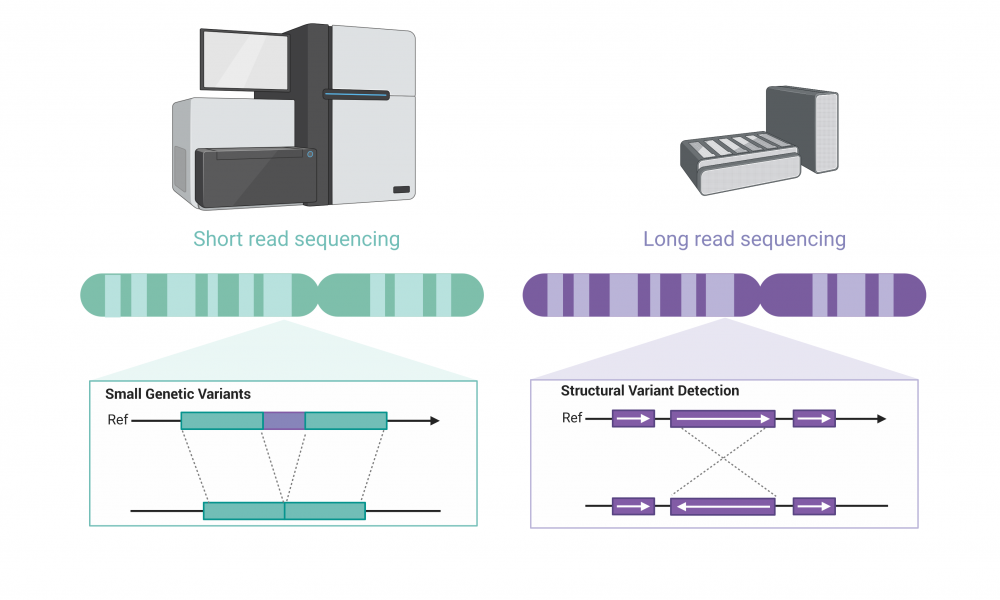
New study illustrates benefits of long-read sequencing technology for precision oncology
Whole genome sequencing has revolutionized cancer treatment planning, enabling the rapid detection of DNA mutations not routinely screened for in the clinic. Until recently, however, scientists were limited in their ability to detect large structural genetic variants using short-read sequencing technology. But with the recent release of long-read sequencing instruments, cancer researchers have been eager to see what such technology could mean for precision oncology.


B.C. scientists to begin genetic sequencing on Canadians with COVID-19
As part of a federal funding announcement earlier today, Canada’s Michael Smith Genome Sciences Centre (GSC) at BC Cancer will be one of four Canadian institutions on the forefront of using genome science to understand how different people respond to COVID-19 infection.
